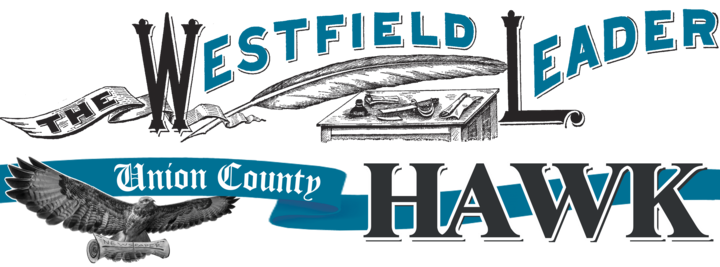In a few short weeks, Westfield voters will be asked to choose three new members to serve on the local board of education (BOE) and to weigh in on an additional funding request that will allow the district to raise its annual budget by $1,675,397 over its general operating budget of $131,545,336.
It’s a massive budget — the largest in the history of the district. And while we understand that the schools are subject to certain state mandates related to health insurance, transportation, salaries and benefits, it’s still hard for us to wrap our heads around that kind of spending.
To put things in a bit of perspective, the Town of Westfield collected $186,712,581 in taxes in 2023. The schools received $114,770,871 of that, amounting to about 61.47 percent of the total levy. After splitting the remainder between the county, the library, and the local Open Space fund, the town was left with only $31,026,757 to fund its police and fire departments, complete road-paving efforts, manage snow removal and infrastructure repairs, pay its numerous department heads and employees, host community events and handle the day-to-day expenses of the community for the entire year.
That’s almost $100 million less than what the district plans to spend over the course of the 20242025 school year. And yet, people are more likely to complain to the council about the town’s lack of services than they are to address the board of education with similar concerns.
Even with this massive budget, district officials have said that if the additional funding request is voted down, as many as seven teachers may have to be cut from the roster. It should be noted that more than 78 percent of the district’s total expenditures are set to be allocated to salaries and benefits, so it makes sense that cuts — if necessary — would need to made from that wedge of the pie. What bothers us about that, though, is the fact that teachers, who make an average of $65,844 per year, are the ones back on the chopping block.
As a reminder, less than three years ago, the district cut funding for the arts when it couldn’t meet its budgetary needs. And despite moving the budget to April so it could get more funding from the public, the district did not bring the arts funding back to where it was, and have instead opted to leave music programs in club status rather than actual classes.
Westfield schools, like many districts throughout the state, currently support dozens of administrative salaries ranging anywhere from about $85K for vice principals (of which there are 11) to about $170-$180K for principals (again, each of the district’s 10 schools has its own). Superintendent Raymond González, Ed.D., meanwhile, earned $236,170 between 2022 and 2023.
We’re not saying that these salaries aren’t deserved, but it can’t be denied that the district — again, like many others — is incredibly top-heavy even before you start to consider numerous other $100K-plus salaries for district officials, anti-bullying specialists, program coordinators, department heads, administrative secretaries and Diversity, Equity and Inclusion directors.
But this year’s election matters for reasons other than money. There are three, three-year terms up for grabs on the board, and these folks, whether they happen to be newcomers or incumbents, will have a heavy lift.
The district plans to put a largescale referendum project up for the public vote in 2025, and whoever is elected to these seats will have a major say in shaping the future of the district.
We know, we say this all of the time, but local elections matter. Out of 24,355 registered voters in Westfield, only 4,655 turned out to vote in last year’s BOE election.
There is a lot on the table this year, and a lot to consider, so we sincerely hope to see as many of you as possible at the polls on Tuesday, April 16. To learn more about the candidates and their positions, visit: www.westfieldnjk12.org/page/ boardelectionapril2024.



